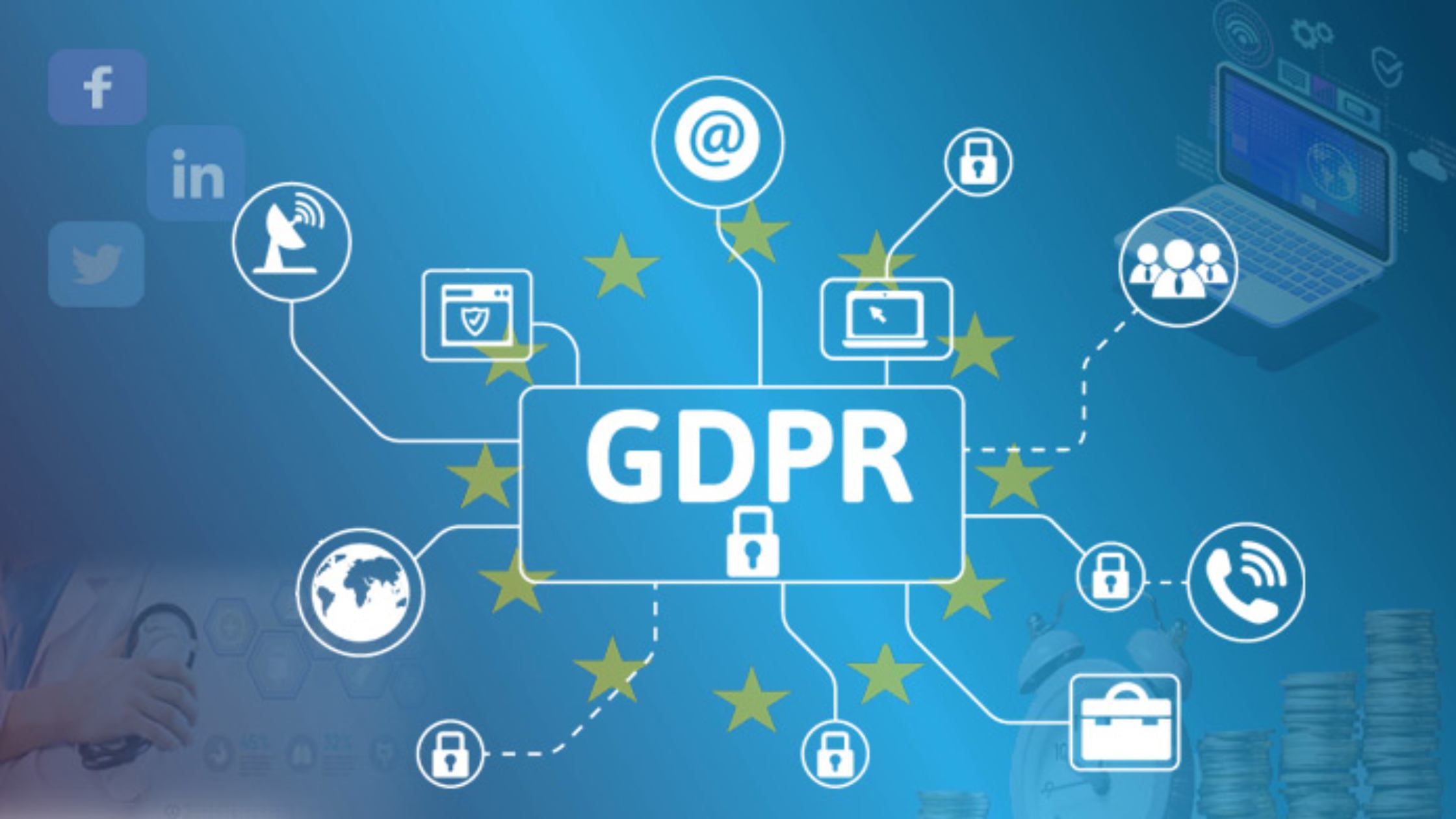Are you current on GDPR compliance regulations? There’s nothing wrong if you’re not, as GDPR is a complex and constantly changing piece of legislation. It’s focused on protecting data. This includes giving consumers control over their personal information and ensuring safe storage of digital data. You may be just starting with GDPR or seeking to understand more about what it demands from corporations around the world.

HIPAA is an acronym that should be well-known to healthcare providers and businesses that handle personal data. HIPAA (Health Insurance Portability and Accountability Act) is an US law that regulates the disclosure and use of patient’s personal health information. GDPR (General Data Protection Regulation) is a regulation by the European Union (EU) that applies to all businesses that handle personal data of EU residents. While they may have distinct goals, all regulations have the same objective: to safeguard personal data’s privacy and security.
Important reasons to be HIPAA and GDPR compliant
HIPAA compliance and GDPR compliance are vital for a variety of reasons. First, it protects private information from unauthorised access, disclosure, or misuse. Healthcare providers, for instance, handle sensitive medical information that could lead to identity theft or fraud. Companies handling personal data such as addresses, names, email addresses, and other data that could be used to facilitate identity fraud, scams or phishing are subject to the GDPR.
Additionally the compliance with these regulations is legally mandatory. HIPAA regulations affect health care providers, health insurance plans, or even healthcare clearinghouses. Infractions to HIPAA regulations can lead to criminal or civil penalties, and harm to a healthcare provider’s reputation. All businesses that process personal data from EU residents are subject to GDPR, regardless of where they are situated. Infractions could result in severe fines or legal action.
By observing these regulations, you can build trust with patients and customers. Patients and patients want to know that their personal data will be treated confidentially and in a respectful manner. The compliance with HIPAA regulations and GDPR regulations could show the company’s commitment to data privacy and security , and is committed to safeguarding personal data.
HIPAA and GDPR Compliance The Key Requirements
There are many rules within HIPAA and GDPR regulations that businesses must to be aware of. HIPAA applies to covered entities that must protect electronic protected health information (ePHI) from unauthorized access, use, destruction, or disclosure. This means that covered entities have to implement technical, administrative, and physical safeguards to ensure that no one is unauthorized has access information, use, disclosure or misuse of electronic health information. In the event of security breaches or incidents, all covered entities should have policies and procedures in put.
GDPR requires that individuals give explicit consent to organizations collecting and processing personal data. Consent should be freely provided, specific and informed. It should also not be unclear. The business must also provide the individual with the ability to access their personal information to rectify and delete those under GDPR. Companies must also take the necessary technical and organizational steps to secure personal data.
HIPAA and GDPR Compliance Best Practices
To be in compliance to HIPAA and GDPR regulations, businesses should follow best practices to ensure the security and privacy of personal data. A few best practices are:
Risk assessments must be conducted every year by companies to determine the risks to integrity, confidentiality, accessibility, as well as security of personal data. This allows them to spot potential issues and ensure that adequate security measures are in the place.
Access controls only authorized employees must be able to access personal information. Use strong passwords as well as multifactor authentication, and access controls that are built on the principle of least privilege.
Training employees: Regular instruction should be offered to employees on privacy issues. This will help prevent accidental and malicious data leaks.
Plan for the response to an incident Plan for incident response: Businesses must have plans to handle potential security breaches and other incidents. This could include setting up a response team and communicating regularly with them.
HIPAA and GDPR compliance is critical for companies handling personal information. These laws help safeguard sensitive information from unauthorized access, disclosure, and misuse. They also demonstrate the commitment to data privacy and security. By implementing best practices such as conducting risk assessments, implementing access controls or training for employees, as well as developing incident response strategies companies can ensure compliance with these laws and protect
For more information, click HIPAA and GDPR compliance